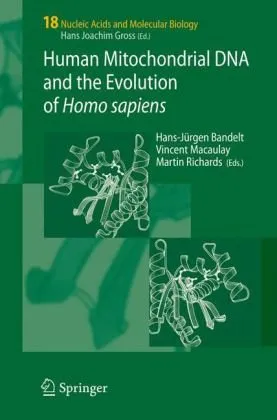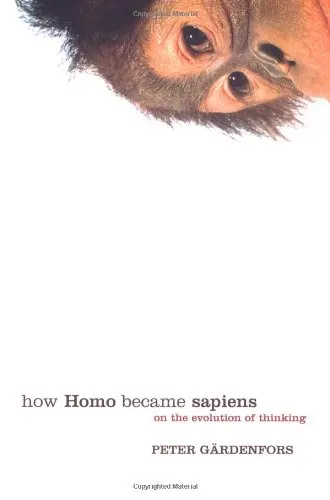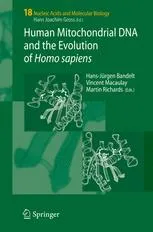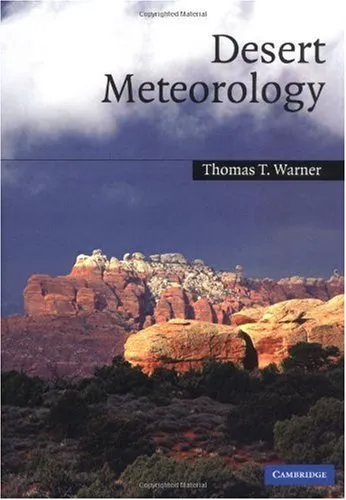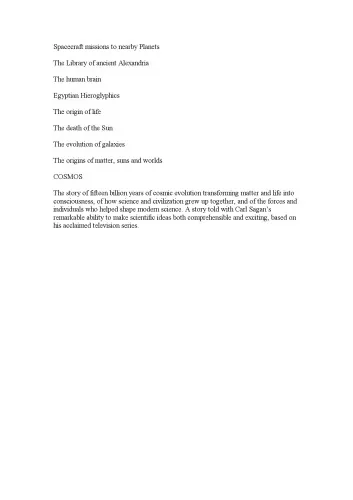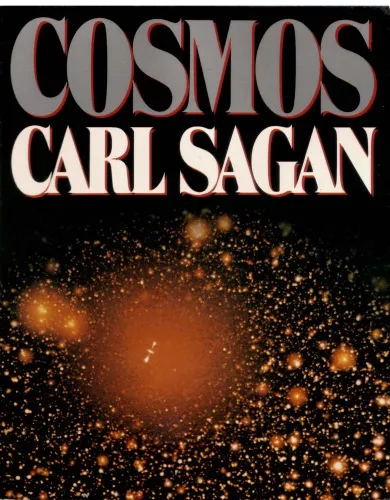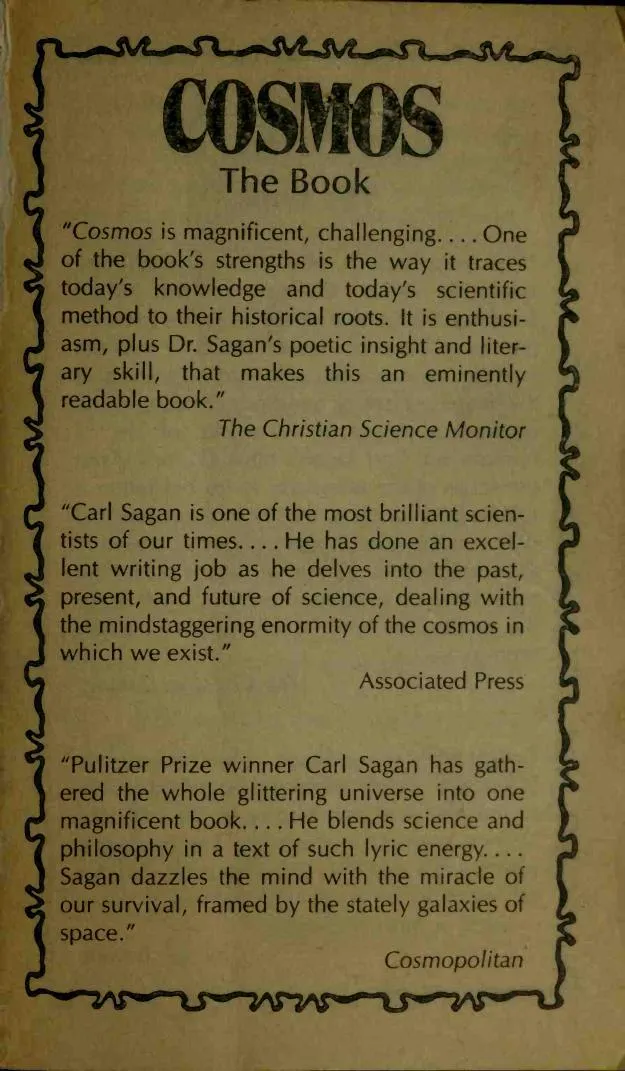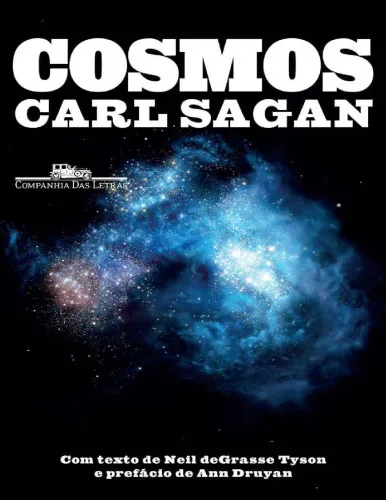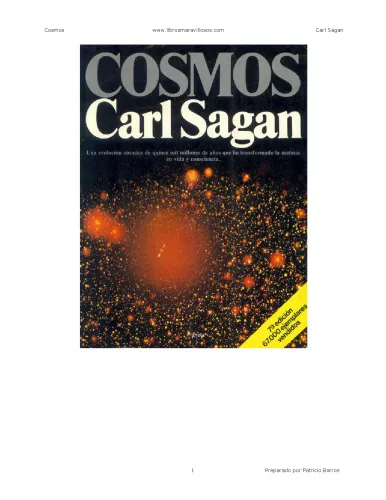Molecular Ecology
4.5
Reviews from our users

You Can Ask your questions from this book's AI after Login
Each download or ask from book AI costs 2 points. To earn more free points, please visit the Points Guide Page and complete some valuable actions.Related Refrences:
Analytical Summary
The work Molecular Ecologypp.2729—2740, authored by J. P. Jaramillo-Correa, J. Beaulieu, and J. Bousquet, stands as a methodological and conceptual bridge between molecular genetics and ecological research. This specific section of the journal explores the nuanced interplay between genetic variation, population dynamics, and environmental pressures, offering readers a rigorous yet accessible framework for interpreting molecular data within an ecological context.
In this text, the authors synthesize recent advancements in molecular techniques—such as DNA sequencing, microsatellite analysis, and gene expression profiling—with ecological models that address species adaptation and resilience. The integration of these domains underscores the importance of considering both the molecular underpinnings of organisms and their interactions with complex ecosystems.
Throughout, the discussion emphasizes analytical precision, stressing the need for robust statistical approaches in population genetics and evolutionary biology studies. The work navigates between empirical case studies and theoretical models, ensuring relevance for both field researchers and laboratory scientists.
Though details such as the exact publication year or accolades are marked as “Information unavailable” due to lack of verified public sources, the scholarly depth and technical authority found here are unmistakable, making it a vital reference for advanced study.
Key Takeaways
The section provides critical insights for anyone seeking to understand how molecular data informs ecological principles and vice versa.
First, it establishes the interdisciplinary nature of molecular ecology, where the boundaries between genetics and environmental science blur, demanding collaborative approaches.
Second, it highlights the utility of genetic markers in investigating species distribution, gene flow, and adaptation under environmental constraints.
Third, it presents methodological innovations that streamline data integration, enhancing comparative studies across population genetics and evolutionary biology.
Fourth, it emphasizes the implications for conservation biology, offering tools to predict and mitigate the effects of climate change and habitat loss.
Memorable Quotes
“Understanding molecular data within an ecological framework is essential for predicting evolutionary outcomes.”Unknown
“Genetic variation is the currency of adaptability in a rapidly changing environment.”Unknown
“Integrative approaches in molecular ecology are no longer optional—they are foundational to modern biological research.”Unknown
Why This Book Matters
As ecosystems face unprecedented challenges, Molecular Ecologypp.2729—2740 equips researchers with the intellectual and technical tools to respond effectively.
The convergence of population genetics and evolutionary biology within its pages allows for more precise ecological predictions and informed conservation strategies. Such interdisciplinary synthesis is crucial in leveraging molecular insights for practical environmental applications.
Furthermore, the text serves as a vital training resource for graduate students, professionals, and academics intent on mastering the language and methods of contemporary molecular ecology.
Inspiring Conclusion
For serious readers, Molecular Ecologypp.2729—2740 is not merely a scholarly text—it is a call to engage deeply with the molecular foundations of ecology and their broad environmental implications.
The insights laid out herein empower researchers to push the boundaries of knowledge, integrating data and theory in ways that can inform policy, conservation, and education. Whether you intend to apply these methods in the lab, in the field, or in theoretical modeling, the book offers a blueprint for advancing your understanding and impact.
Readers are encouraged to explore, share, and discuss the concepts introduced, ensuring that the collaborative spirit of molecular ecology continues to thrive in academic and applied circles. Your next step: delve into the content, reflect critically, and contribute to the evolving dialogue that bridges genetics and ecological science.
Free Direct Download
You Can Download this book after Login
Accessing books through legal platforms and public libraries not only supports the rights of authors and publishers but also contributes to the sustainability of reading culture. Before downloading, please take a moment to consider these options.
Find this book on other platforms:
WorldCat helps you find books in libraries worldwide.
See ratings, reviews, and discussions on Goodreads.
Find and buy rare or used books on AbeBooks.
1071
بازدید4.5
امتیاز0
نظر98%
رضایتReviews:
4.5
Based on 0 users review
Questions & Answers
Ask questions about this book or help others by answering
No questions yet. Be the first to ask!


